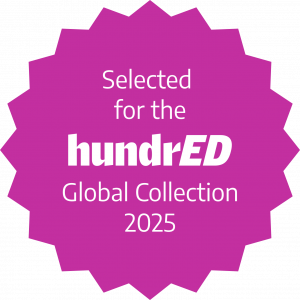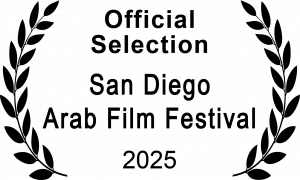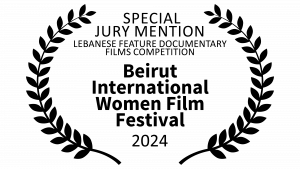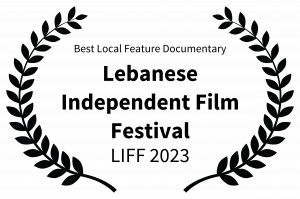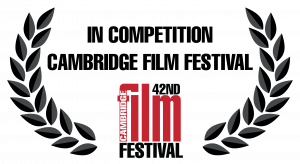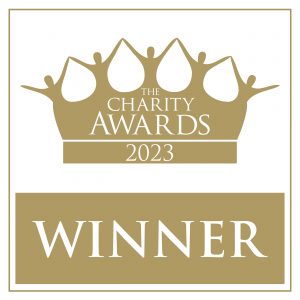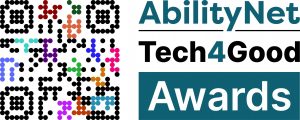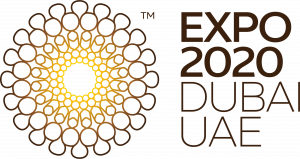Create, collaborate & catalyse change
through theatre and play
Participatory theatre and play can transform an individual’s sense of agency. They gain the power to shape their own narrative and expand what is possible, individually but also through collective action. Working in Lebanon, Jordan, Palestine and Syria, Seenaryo uses theatre and play to support people to heal, lead and learn. We co-create performances with under-served communities, train future leaders and transform classrooms through play.
Reaching over 205,000 children, youth and women since 2015, Seenaryo won the Resilience in Action Award at HundrED 2024, the Arts, Culture & Heritage prize at the 2023 UK Charity Awards and was one of Expo 2020 Dubai’s 120 Global Innovators.
-
10 years of Seenaryo
August 2025 marks a decade of Seenaryo leading theatre and play projects with communities. Take a look back at the last 10 years.
-
Advocacy Through Theatre
Theatre for Her Future brought 50 young women together to use theatre to explore barriers to their education in Jordan.
-
Our documentary TILKA
Seenaryo’s award-winning documentary TILKA is an intimate portrait of five women in Lebanon creating a collective piece of theatre.
10 years of Seenaryo
Over the past ten years, our work has grown in ways we never imagined – from our first project with refugees in Lebanon to reaching under-served communities across the region. What began in community spaces has moved into classrooms, onto stages and toured to international festivals.
To mark 10 years of Seenaryo, we’ve published a 10 year history as well as a new series delving into 10 participants’ journeys with Seenaryo.
-
k
205
people to date
-
k
99
children reached through the Seenaryo Playkit
-
6072
teachers trained to use play in the classroom
-
285
original theatre productions created to date
AWARDS & ACCOLADES
PIEoneer Awards, Digital Innovation of the Year – Learning (Seenaryo Playkit, 2025)・ HundrED Global Collection – 100 most impactful & scalable education innovations globally (Seenaryo Playkit, 2025)・Official Selection at the San Diego Arab Film Festival (TILKA documentary, 2025)・HundrED Resilience in Action Award (Emergency Response, 2024)・ Beirut International Women Film Festival – Special Jury Mention (TILKA documentary, 2024)・Pikasso Citizen Billposter Award (Advocacy campaign: the power of theatre & play, 2024)・Ockenden Prize – Shortlist (Theatre Leadership, 2024)・ Lebanese Independent Film Festival – Best Local Documentary (TILKA documentary, 2023)・In Competition Cambridge Film Festival (TILKA documentary, 2023)・UK Charity Awards: Arts – Culture & Heritage Prize (Theatre Leadership Training, 2023)・Theirworld Innovation Award (Seenaryo Playkit, 2023)・AbilityNet’s Tech4Good Peoples Award – Education Award – Highly Commended (I Learn From Home, online campaign 2021)・Expo 2020 Dubai’s 120 Global Innovators (Seenaryo Playkit, 2020)
VALUES
-

MISSION
By breaking apart the typical hierarchies of theatre and classrooms, Seenaryo creates playful spaces for the meaningful participation of under-served communities in Lebanon, Jordan and Palestine.
-
AIMS
- Facilitate skills development by supporting individuals to build social skills, life skills, critical thinking and wellbeing
- Challenge mistrust and polarisation by bringing conflict-affected communities in dialogue with each other
- Create wider and alternative employment pathways and professional capacity within classrooms and communities
- Transform teaching and learning to become child-centred, engaging and inclusive
- Advocate globally for play-based learning and participatory theatre in the Arab region
WHERE WE
WORK
-
LEBANON
According to the UN, Lebanon is the country hosting the highest number of refugees worldwide. It is in the midst of an ongoing economic collapse, described by the World Bank as one of the worst in the world since the 1850s. Compounding an already fragile state, the Israel-Hezbollah war killed nearly 4,000 people and injured over 16,000 in Lebanon in 2024. It also displaced over a million people – a quarter of the population.
-
JORDAN
Jordan hosts the second highest refugee-per-capita ratio in the world (UNHCR). 1 in 12 people residing in Jordan are registered as refugees, and half of them are children. Refugee populations are from Syria, Iraq, Sudan, Yemen, and other regional countries. Jordan also has a high unemployment rate, with just 46% of youth regularly employed, and only 15% of women (World Bank, 2024).
-
PALESTINE
Palestine is facing one of the largest humanitarian crises in history. The Israel-Hamas war has killed at least 50,000 people (Palestinian Health Ministry), although the actual figure is likely higher, and displaced 1.9 million people. Over 1,200 entire families have been wiped out by Israeli strikes and the Gazan economy and health system have been destroyed. The West Bank also faces unprecedented settler and state violence.
-
SYRIA
With the fall of the Assad regime in December 2024, Syria entered a transitional period of state building. Over a decade of civil war has extensively damaged infrastructure, including schools, roads and hospitals. There are 6.5 million Syrian refugees outside Syria and 7.2 million internally displaced. Syrian society is deeply divided after years of war and the monumental task of rebuilding lies ahead.
WHO WE
WORK WITH
WHAT WE DO
-
We make theatre
Seenaryo co-creates collaborative, powerful and imaginative theatre in partnership with organisations deeply rooted in the communities they serve. The original plays put participants at the heart of the creative process, giving them a space to collectively share and explore their stories and advocate for their rights.
285 ORIGINAL PLAYS SINCE 2015
-
We train future leaders
Seenaryo trains youth and women to become creative leaders in their communities. We are currently doing this through our Theatre Leadership Training and Scenechangers programme. Through our trainings we aim to create wider and alternative employment pathways, equipping young people with vital professional skills.
1,286 NEW LEADERS SINCE 2015
-
We bring play to classrooms
The Seenaryo Playkit is an award-winning phone app and teacher training designed to support children’s well-being, life skills development, and engagement in learning. It supports early-years teachers in under-resourced settings to bring their curriculum to life.
6,072 TEACHERS TRAINED SINCE 2015
-
Seenaryo
in 2024 -
Theatre for Her Future
-
10 Years of Seenaryo | Ahmad Asfar
WHY THEATRE
AND PLAY?
Safe, creative spaces are essential in allowing people to process their experiences and rebuild wellbeing and dignity. There is also a long-term need for innovative and holistic initiatives that allow children to stay engaged with learning and communities to come together.
COMMITMENT TO THE
UN SUSTAINABLE DEVELOPMENT GOALS
We aim for Seenaryo’s goals to align with sector-wide and international goals for sustainable development (SDGs). Seenaryo’s programmes particularly focus on the below SDGs set by the United Nations.
-
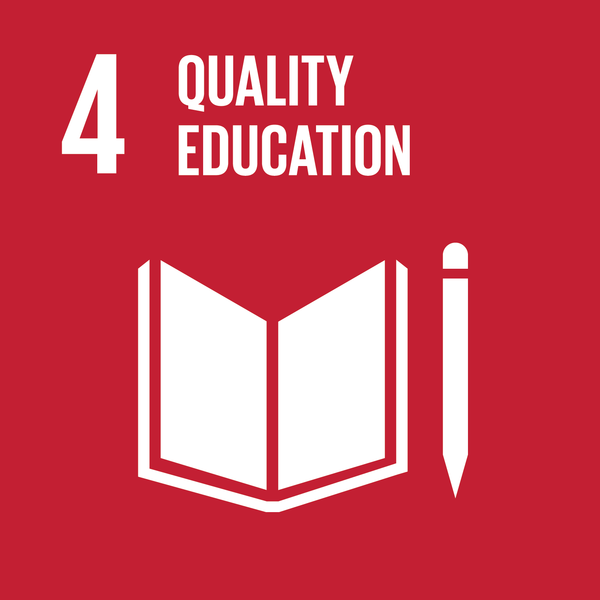
Quality education
Substantially increase the number of youth and adults who have relevant skills, including technical and vocational skills, for employment, decent jobs and entrepreneurship
-
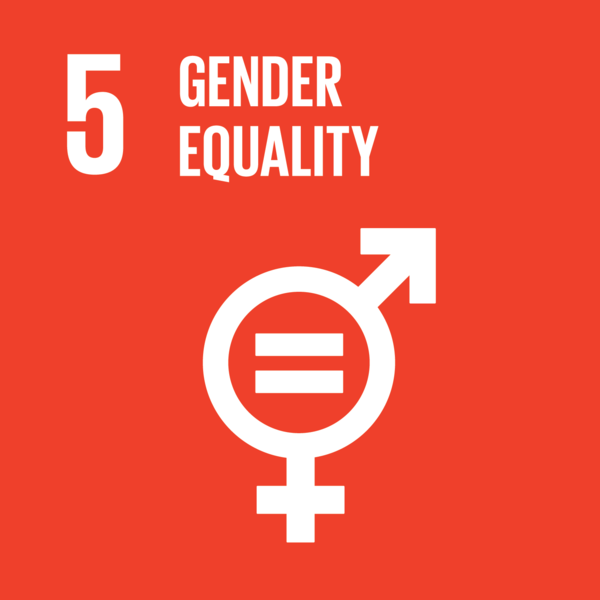
Gender equality
Ensure women’s full and effective participation and equal opportunities for leadership at all levels of decision making in political, economic and public life
-
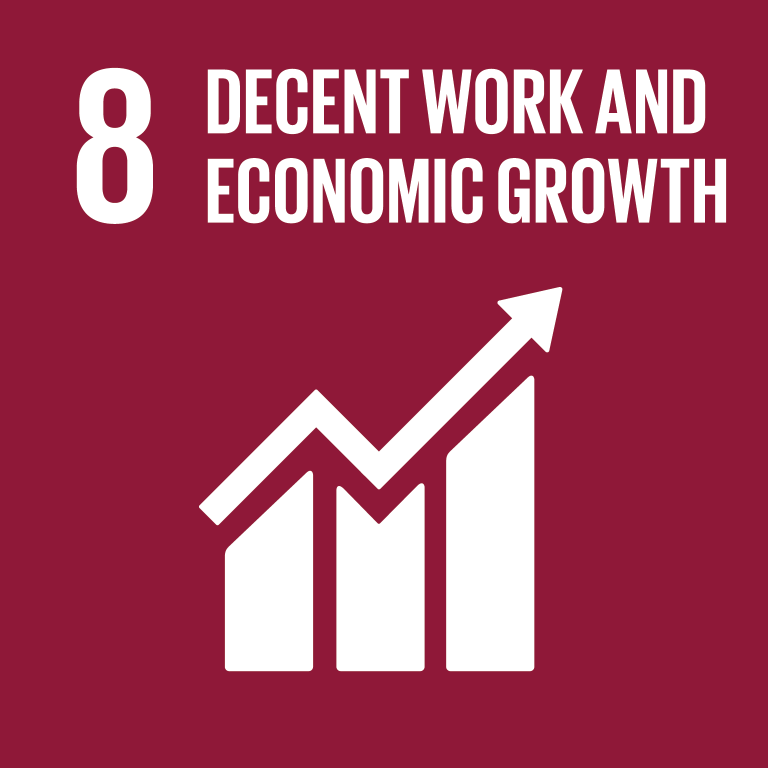
Decent work & economic growth
Promote development-oriented policies that support productive activities, decent job creation, entrepreneurship, creativity and innovation
-
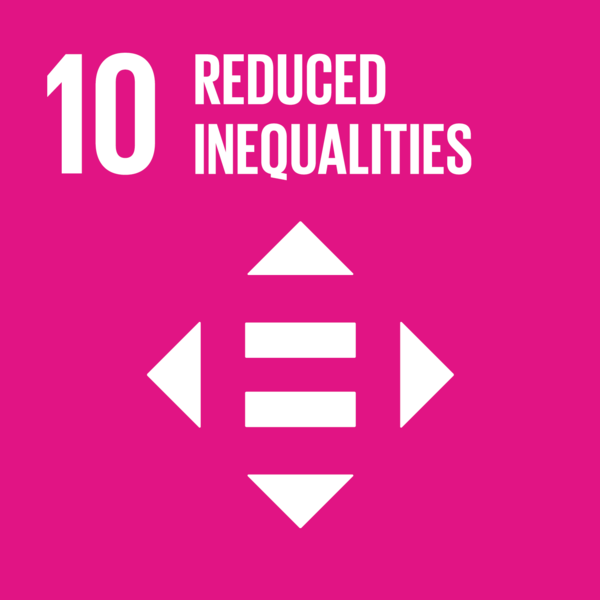
Reduced inequalities
Empower and promote the social, economic and political inclusion of all, irrespective of age, sex, disability, race, ethnicity, origin, religion or economic or other status
-
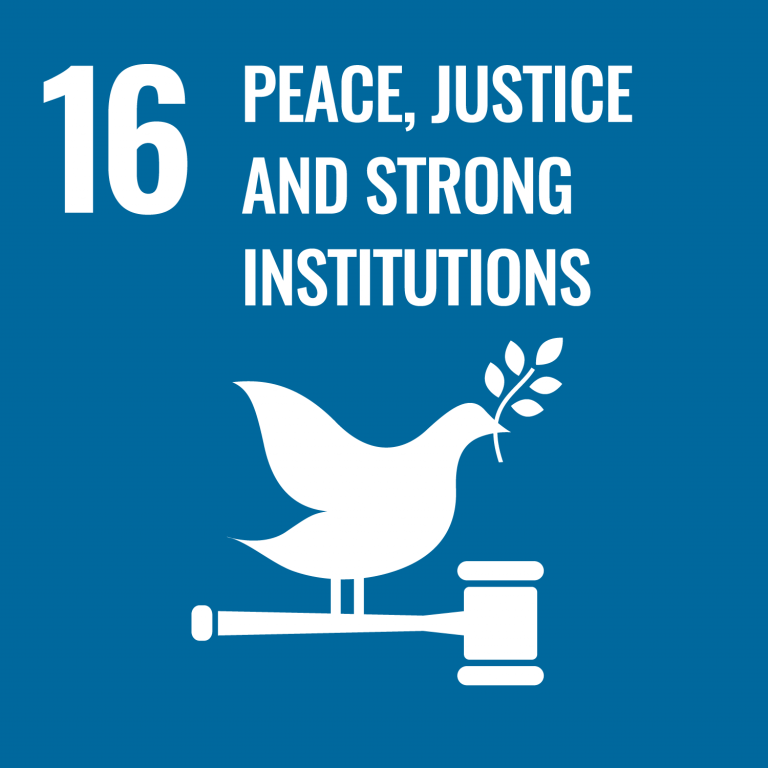
Peace, justice and strong institutions
Ensure responsive, inclusive, participatory and representative decision-making at all levels
THEATRE REFLECTS LIFE
The participatory approach to theatre-making that Seenaryo has developed over five years puts participants at the heart of the process, giving them the responsibility and agency to create and write the play that they will perform.
Whether their plays are about real life or volcanoes and dinosaurs, the participants’ own stories are always present. The opportunity to mask their experiences in fairytale and fiction allow participants to express something they otherwise felt unable to express, and confront their feelings safely.
-
In the Middle
In this Seenaryo Studio show: a group of women decide to quit their troubles and fly to the moon. Ending up lost in space, they have to decide whether to stay where they are, return to Earth, or push on to the Moon. Theatre reflects life: in the face of hyperinflation, the economic collapse, and Covid-19 the majority of people living in Lebanon are looking for a way out.
-
The Village of Mujadara
In this Seenaryo Cycle show: the story, devised by Palestinian children, is about two wizards’ struggle for acceptance in a corrupt and polluted village. The parallels to the life of a Palestinian in Lebanon are clear.
-
Together, We Beat the Monster
In this Seenaryo Showbuild: monsters destroy all the homes in a city, so the citizens band together to rebuild. The story here is an unmistakable metaphor for the situation following the Beirut explosion.
“Seenaryo makes you feel like there’s a light at the end of the tunnel… and it’s you!”
FARAH
Farah started as a participant with Seenaryo in 2015. She was 13 years old, playing the role of a genie in Careful What You Wish For. Over the last five years she has created and performed six shows with us including two Studio productions which toured nationally. In recent years she has also been training as a facilitator with Seenaryo and has now co-led a Cycle project and assistant directed a Seenaryo Studio production. Handing over the baton to the communities we work with has been Seenaryo’s ambition since inception, and it’s exciting to see this happen with Farah, who grew up in Shatila refugee camp.
“My leadership skills have been really enhanced by this project. I’ve become more confident, and more focused on what I want to do in life,” says Farah.


